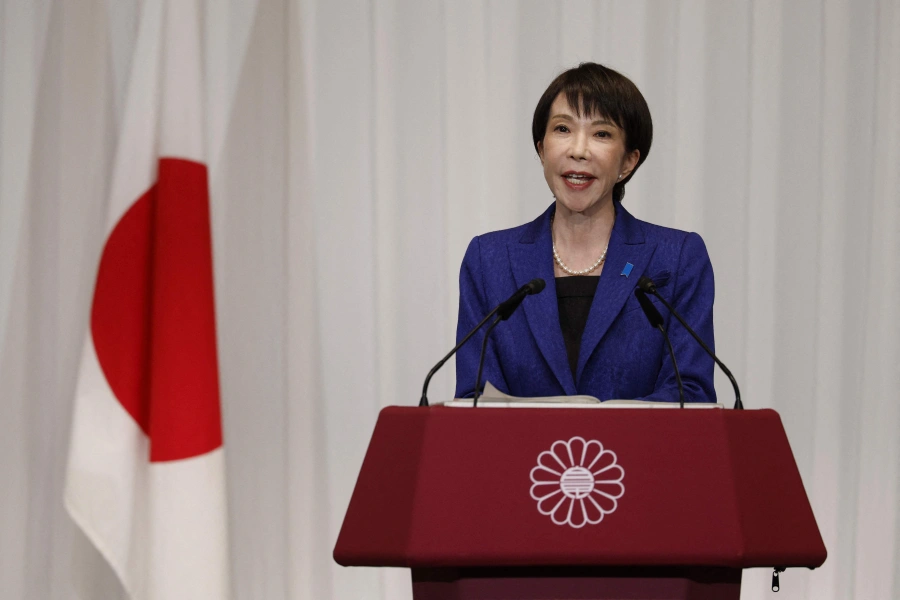The Government of Nepal is not doing enough to support its migrant workers. Multiple confusions loom around the diaspora, hoping the Nepal government to sort them out. The precarious example of Kuwait paints Nepal’s despondent approach of handling foreign employment amidst the COVID-19 crisis.
Like all Gulf countries, Kuwait imposed a lockdown on February 29, 2020 (extended until May 29) and a curfew in ‘high risk’ migrant-dominated areas in cities such as Mahboula and Jleeb from 5 pm to 6 am, which has now been revised to 4 pm to 8 am for Ramadan. Kuwait employs approximately 80,000 to 85,000 Nepali migrant workers, 35.29 percent of which are domestic workers. According to Hari Neupane, Representative of Shramik Sanjal, Kuwait Chapter, at least 29 Nepalis with COVID-19 (as of April 22) have been reported, but this could be higher due to the limited data transparency in the host country. Neupane acknowledged that 28 of those COVID-19 infected domestic workers are in normal condition while one is in serious condition. Kuwait’s migrant labor camps have also been severely impacted by the COVID-19 outbreak. Various critical problems, including limited access to food and other social services have been identified. According to Neupane, about 143 workers have directly asked them for food-assistance, and this figure is highly likely to increase as the COVID-19 pandemic intensifies in these migrant labor camps.
Other Nepali migrant workers in Kuwait’s private sector also face a high degree of vulnerability on a daily basis. Despite the lockdown, more than 600 Nepali taxi drivers are compelled to work in order to meet their daily installment earning quotas (NRs 2200/day), vehicle payments, and other daily services/basic needs. Failure to achieve these daily targets could either lead to the loss of income or termination. In response, the local union groups have been asked by Nepali migrant groups for lobby and support, but so far, no progress has been reported.
Malaysian govt introduces social security scheme for undocument...

While legal migrant workers are facing serious health risks, illegal or undocumented migrant workers are at the precipice of hunger, in addition to potential exposure to health hazards. With three months of “no work and no pay”, they often struggle to survive due to their limited or no savings, forcing them to rely on food or rent assistance from their compatriots. To ease these circumstances and facilitate early repatriation, the Government of Kuwait has decided to provide amnesty to all migrant workers in Kuwait, including Nepali migrants. Kuwait has allowed a 5 days window between 26th April and 30th April for select sending country governments -- including Nepal -- to register the names of Nepali migrant workers who voluntarily choose to be repatriated. My field interviews with the Nepali diaspora groups in Kuwait suggest that no preparation for the registration from the Embassy of Nepal in Kuwait has been publicly reported; a mere post on Kuwait’s call for Amnesty has been shared on the Facebook profile of the Embassy of Nepal in Kuwait. When inquired about the status and next course of action from the Embassy, they expressed an optimistic answer but failed to provide further details regarding the quarantine facilities or other forms of welfare assistance for Nepali migrants in Kuwait and their repatriation in the foreseeable future.
As the spread of COVID-19 pandemic intensifies, Kuwait’s lockdown policy has also resulted in thousands of migrant workers either being laid off or terminated from their employment. About 30 to 50 percent of migrants have reported their salaries being temporarily or permanently cut by their employers who lack adequate cash flow to pay them. While some food delivery options from restaurants are available, most small and medium enterprises have largely remained closed for nearly a month already.
Even though Kuwait has prohibited wage cuts and layoffs, execution has been inadequate, forcing many struggling migrants, especially those workers sleeping in local parks and streets, to survive with their limited means. Due to the abysmal demand for labor and increased mental distress among migrant workers, suicide and homelessness are increasing at an alarming rate.
Given the dire conditions of many Nepali migrants, we humbly request the Government of Nepal to accept the amnesty generously offered by the Kuwaiti Government without further delay and assist its citizens’ repatriation. With successful repatriation, between 5,000 and 7,000 undocumented workers would potentially benefit from Kuwait’s free of charge tickets, along with a free health checkup at the airport. The amnesty’s open-door policy, which allows repatriated Nepalis the possibility of returning to Kuwait upon a return to normalcy, should be welcomed by the Government of Nepal without further deliberations. Secondly, the Government of Nepal should temporarily extend some form of financial assistance to the Nepali migrant workers who are struggling to survive in Kuwait due to the ‘no work, no pay’ policy of their respective companies. The government should look into the current initiatives of other migrant-sending countries in Kuwait (for instance, the Philippine’s $200 financial aid to Filipinos and Pakistan’s swift repatriation and welfare assistance to its migrants), and uphold the recent Supreme Court’s decision to repatriate distressed Nepali migrants who wish to return in times of crisis.







































